Atlas of new professions studied the engineering industry of Kazakhstan at all stages: from the design of a new product, its industrial production or assembly, to the repair, installation and maintenance of machinery and equipment. To create an atlas of new professions in the machine-building industry, 13 in-depth interviews were conducted, 103 industry experts took part in a questionnaire on the forecasts of the future of the industry, 90 experts participated in a foresight session. As a result, 11 new professions were developed, 13 transforming and 7 disappearing professions were identified.
Created on the basis of foresight forecasts of industry experts
interviews
from the experts
foresight session
Atlas of Engineering Industry professions:
professions
professions
professions

1. VIRTUAL REALITY TECHNOLOGIES AND ARTIFICIAL INTELLIGENCE
The efficiency and competitiveness of the machine-building complex is characterized by the availability of flexible use of breakthrough technologies of the Fourth Industrial Revolution.
The activation of the introduction of virtual reality (VR/AR) technologies will reduce the time required for product design and testing. Thanks to the use of artificial intelligence, production processes will be more and more automated, and the influence of the human factor on decision-making will be reduced.
Digital design and modeling will allow you to quickly create competitive products that fully meet the requirements of the market. The basis of digital design will be the development of digital counterparts of the product and production processes.
If you have always BEEN INTERESTED IN HOW MACHINES AND MECHANISMS WORK AND WANT TO TRY TO CREATE THEM YOURSELF, then pay attention to such professions of the future as:

2. INNOVATIVE MATERIALS AND ADDITIVE TECHNOLOGIES
The use of 3D printing and additive technologies will contribute to the emergence of fundamentally new classes of machines that will meet all the initially specified characteristics, with a complex internal structure and increased parameters of strength, quality and reliability.
An important place in the mechanical engineering of the future will be given to innovative materials, primarily composite and nanomaterials, which will be actively used for the production of products with improved operational and structural characteristics.
Also, supernovae will be used in the field of materials science, metamaterials, which are just beginning their ascent in the field of world instrumentation.
If you want to CREATE COMPLETELY NEW MATERIALS WITH UNIQUE PROPERTIES, then one of the following professions of the future will suit you:

3. INTERNET OF THINGS AND BIG DATA
The introduction of the Internet of Things will be a mandatory element of the industry's transformation. Information flows generated from a large number of intelligent sensors will require real-time processing.
Devices derived from data processed with predictive Analytics tools, will enable manufacturers to quickly identify problems in the equipment and the reasons for these failures; to prevent downtime of the production equipment, rational approach to the planned and preventative maintenance and repair.
Along with this, more attention will be paid to improving the security of information bases of enterprises from unauthorized external interference.
Therefore, the analysis of big data and its protection are among the most urgent tasks in the era of digital transformation of the engineering industry.
If YOU HAVE DEVELOPED ANALYTICAL THINKING AND ARE NOT AFRAID OF COMPLEX TASKS, TRY YOURSELF IN THE FIELD OF WORKING WITH BIG DATA by choosing one of the following professions of the future:
3D printing materials scientist
Year of appearance: 2020


A specialist in the field of nanotechnology
Year of appearance: 2025-2030


BIG DATA analyst (industrial)
Year of appearance: 2025


Cybersecurity specialist (industrial)
Year of appearance: 2025

Engineer designer of industrial robotics
Year of appearance: 2035

Engineer-designer of household robots
Year of appearance: 2030


Engineer-designer of radio photonics devices
Year of appearance: 2030-2035


Reverse engineering design engineer
Year of appearance: 2025


Specialist in nanophotonics and metamaterials
Year of appearance: 2030-2035


Specialist in predictive diagnostics
Year of appearance: 2025

Specialist in virtual prototyping
Year of appearance: 2030

Collector⇒Operator of automatic Assembly lines
Transformation year: 2025-2030


Defectoscopist ⇒ Defectoscopist 2.0
Transformation year: 2020


Design engineer ⇒ Digital design engineer
Transformation year: 2020


Engineer-technologist ⇒ Engineer-technologist 2.0
Transformation year: 2020


Loaders in warehouses and production ⇒ Operator of loading and unloading machines
Transformation year: 2030

Machine tool, turner, milling machine ⇒ CNC machine operator
Transformation year: 2020

Material scientist ⇒ Composite engineer
Transformation year: 2020


Mechanic-repairman ⇒ Modular repair operator
Transformation year: 2025


Mechanical engineer ⇒ Mechanical engineer 2.0
Transformation year: 2020


Product tester ⇒ Digital product tester
Transformation year: 2020


Quality control technician ⇒ Quality control technician 2.0
Transformation year: 2025


Storekeeper ⇒ Digital warehouse Manager
Transformation year: 2030


Welder ⇒ The operator of welding equipment
Transformation year: 2025


Accountants and assistant accountants
Year of disappearance: 2025


Driver (in-store and warehouse)
Year of disappearance: 2035


Inventory clerk
Year of disappearance: 2035


Marker
Year of disappearance: 2035


Norm setter
Year of disappearance: 2030


Unskilled warehouse worker
Year of disappearance: 2030


